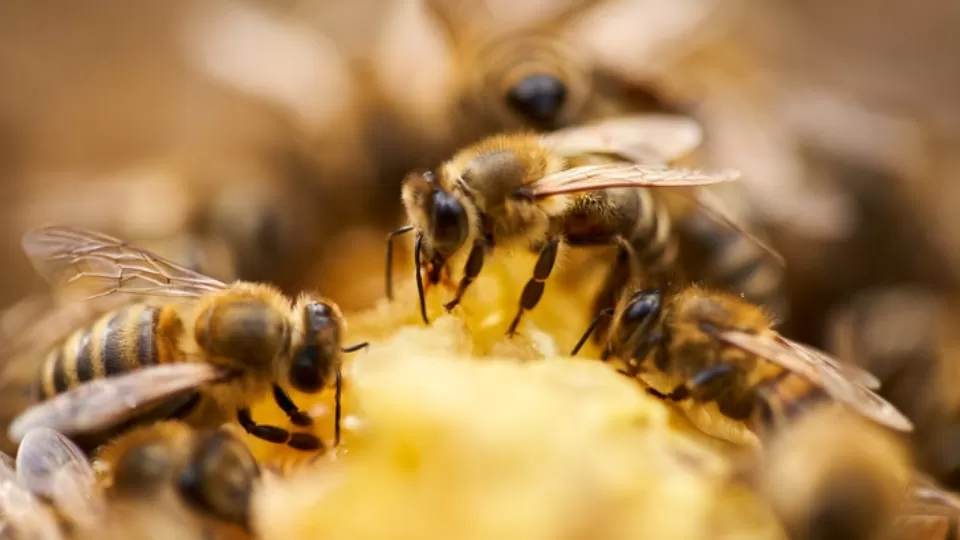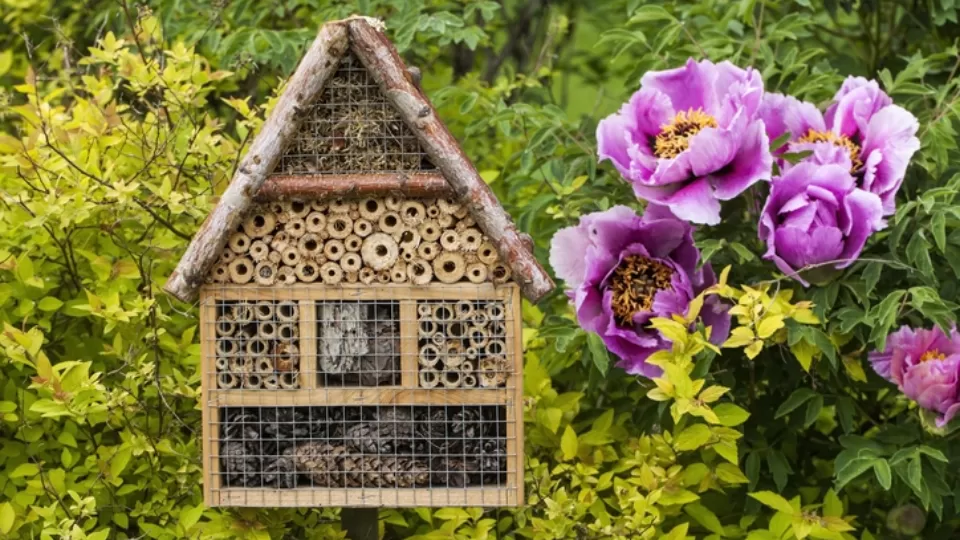The importance of bees, and how to create the ultimate bee-friendly garden
Honey bees, bumblebees and a range of solitary bees are insects living in an array of different habitats all over the world. These little insects play a vital part in our economic and ecological systems by pollinating many flowering plants and trees, these include many crops for food and other natural materials.
Across the world, many bee populations are in decline. The threats they face mean that nearly 1 in 10 of Europe’s wild bee species are facing extinction. As a result of both climate change and the use of harmful pesticides, these threats are not only disrupting bee behaviour, they are harming bee health too.
Here we share why bees are important to the Great British outdoors and our top tips to create the ultimate bee-friendly garden at home.
The perfect pollinators
Did you know bees pollinate billions of plants globally each year?
Many plants require pollen to fertilise flowers and bees are responsible for this crucial step when it comes to growing many crops. In their search for nectar, bees travel from flower to flower, carrying pollen from the stamens in one flower to the stigmas in another thus allowing seeds to develop for future crops. Without our busy worker bees, many crops we depend on for food would not be able to thrive and produce to their full potential.
Bees don’t just pollinate the plants in our gardens, they’re also the food source for many wild animals too. These animals rely on pollinators for the production of fruit, nuts and many other foods in order for them to survive.
The honey source
Bees make honey to store over the winter period, as this is when there are fewer flowers to collect nectar from. Honey is perfect for bees as it keeps for long periods of time. It provides bees with high levels of energy and nutrients to enable the them to survive until the next spring. This sweet substance is not only enjoyed by bees and humans, but by many other animals such as birds and other insects. It’s important to remember that these pollinators also play a part in the food chain with more than 20 species of bird preying on them.

Limiting pesticides
Pesticides have been linked to large scale population extinctions for bees. Maintaining a garden with a wide range of plants will help to improve biodiversity and sustain the balance between pests and their predators and parasites. For localised outbreaks there are natural contact pesticides which will only kill what they touch and do not have residual activity. Biological controls, such as nematodes can be used against slugs, snails, vine weevils, parasitic wasps and glasshouse whiteflies.
Create a bee nesting site
You can attract bumble bees and solitary bees to your garden by providing them with somewhere to nest. Generally, bees tend to nest in shaded areas and in relatively undisturbed places. Many bees will also nest under structured pieces such as sheds and storage areas, but areas with prolonged exposure to the sun and direct heat is typically avoided. You can choose to make a nesting area for bees in the garden, or you can buy bee houses. Different types of bees require different habitats so don’t forget to do your research to see what would work best for the bees in your garden!

Growing Plants
By growing a wide range of flowering plants in your garden, you can provide an abundance of pollen and nectar for many bee species. It’s important to create an environment where bees can thrive and to do this, we recommend growing flowers all year round if possible. Maintain flowers with Irrigatia’s solar powered drip irrigation kits, as our SMART irrigation systems are the easiest way to water automatically from your water barrel straight to your desired area.
For more gardening tips and ways to save time and water this spring and summer, take a look at our latest blogs.
Don’t forget to head on over to our social media channels to keep up to date with our latest growing journeys in the Irrigatia garden!
